FDI capital into Ho Chi Minh City has stagnated in the context of limited land fund, poor infrastructure and other localities showing more dynamism.
Accumulated from 1988 to April 2023, Ho Chi Minh City leads the country with 11,668 valid foreign investment projects. The total newly granted and increased investment capital reached more than 56.68 billion USD. This number could reach nearly 80.91 billion USD if capital contributions and shares purchased in enterprises are added.
However, recently, foreign capital in Ho Chi Minh City has shown signs of slowing down. Last year, the total value of FDI reached 4.33 billion USD, equal to 60.29% of 2021. In the first 4 months of this year, the city received 979.6 million USD, down 23.4% compared to the same period in 2022.
The fact that Ho Chi Minh City has slowed down after many years of being at the forefront of attracting FDI needs to be "seriously evaluated", according to Associate Professor Dr. Ngo Ngoc Vinh, Director of the Institute for Development Economics Research, Ho Chi Minh City University of Economics .
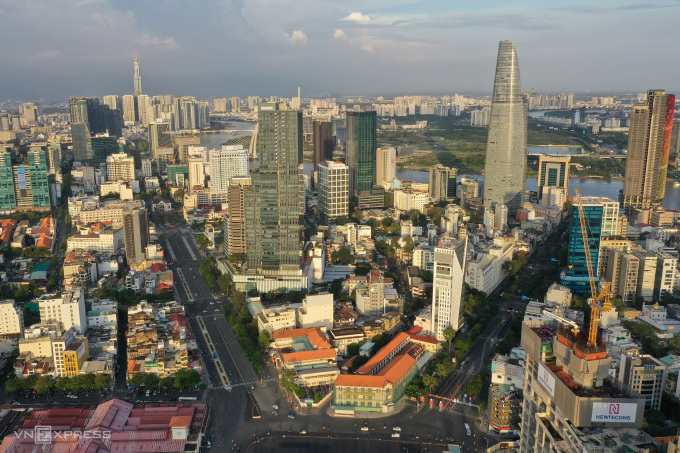
Ho Chi Minh City center, District 1, November 2022. Photo: Quynh Tran
Speaking at a seminar on this topic last week in Ho Chi Minh City, Mr. Ngo Nghi Cuong, Director of C+ Investment Consulting Company, said that the city's investment attraction in the past 4 months was "not positive".
"When inviting strategic investors, is it appropriate to compare what they need with what we have? Are their requirements for hard and soft infrastructure skewed and different from the strengths that Ho Chi Minh City has had in the past?" Mr. Cuong asked.
Mr. Phuc Nguyen, an investment consultant at HM&P Law Firm, said that the huge advantages are fading over time. "In the past, investors really liked Ho Chi Minh City and thought of it first when they wanted to invest, but now they are moving to the North more," Mr. Phuc commented.
After the "eagle" Intel came to nest in the Ho Chi Minh City High-Tech Park with a total accumulated investment capital of more than 1.5 billion USD, Ho Chi Minh City only welcomed another giant, Samsung. Last year, Samsung HCMC CE Complex increased its capital by more than 841 million USD, helping Ho Chi Minh City have a "huge" project in the top 5 largest FDI projects of the year nationwide.
Ho Chi Minh City is still in the top of attracting total FDI capital nationwide in recent years, but billion-dollar projects tend to choose other localities. In the period 2017-2021, the top 5 largest annual projects are often distributed in Thai Nguyen, Bac Ninh, Nam Dinh , Hai Phong, Ba Ria - Vung Tau, Binh Duong or some provinces in the Southwest. During this period, only in 2019 did Ho Chi Minh City have 2 projects in the top 5, but the capital investment value was only 650 million USD (Techtronic Tools) and 300 million USD (Wanna Explore Travel).
Challenges from the inside out
Ho Chi Minh City is developing a project to attract FDI capital for the 2023-2025 period with a vision to 2030, targeting strategic investors (investing from VND 30,000 billion for regular projects or from VND 3,000 billion for innovation research projects).
According to the Department of Planning and Investment of Ho Chi Minh City, by 2025, the locality expects to attract over 50 high-tech projects, with at least one large high-tech corporation, with a total investment capital of at least 3 billion USD. At the same time, the target is for the registered investment capital ratio of 17 key investors to reach 70% of the total capital in the 2023-2025 period. This group includes: Korea, Japan, Singapore, China, Taiwan, Malaysia, Thailand, India, Indonesia, Philippines, France, Germany, Italy, Spain, Russia, UK, USA.
The ambition is not small, but Ho Chi Minh City's ability to attract FDI is facing some challenges.
At the Prime Minister's online conference at the end of April, Mr. Phan Van Mai, Chairman of the Ho Chi Minh City People's Committee, admitted that the city's limitation in attracting FDI capital is that the infrastructure system of the Southern Key Economic Zone (especially transport infrastructure and service infrastructure) is not yet synchronous and has not developed commensurate with its potential and development needs.
The land fund for the development of industrial zones approved by the Government has not increased. According to the Ho Chi Minh City Export Processing and Industrial Zones Authority (Hepza), Ho Chi Minh City is planned to have nearly 6,000 hectares of industrial land, but up to 1,500 hectares are stuck in legal or site clearance issues. This year, Hepza has only been allocated 41 hectares of agricultural land for lease, and this land is scattered in export processing zones and industrial zones, not concentrated on a large scale. Therefore, finding a place for the "eagles" to nest is not simple.
Mr. Phuc Nguyen added two reasons: the city's investment information channels are still poor and difficult to access. Other localities are gradually becoming more active and enthusiastic in guiding businesses in implementing investment procedures. In fact, Ho Chi Minh City's Provincial Competitiveness Index (PCI) this year dropped 13 places, down to 27th place.
In addition, according to experts, attracting investment in the coming years will face challenges because Ho Chi Minh City is facing strong competition from other places, especially in terms of sustainability. Large corporations increasingly value ESG (environmental, social and governance sustainability criteria) when choosing a place to invest. Ranked 49/63 provinces and cities, Ho Chi Minh City is not a locality with high achievements in the "Green Index" (PGI - assessing environmentally friendly localities) that VCCI launched in April.
Talking about external disadvantages from an expert perspective, Mr. Nguyen Tu Anh, Director of the General Department, Central Economic Committee, said that the global FDI trend is decreasing, due to geopolitical fluctuations and global minimum tax policies.
The global minimum tax is a G7 agreement concluded in June 2021, expected to apply in 2024. The minimum tax rate is 15%, for multinational enterprises with consolidated revenue of 800 million USD or more in 2 of the 4 most recent consecutive years.
"We are currently offering large corporations a tax rate lower than 15%. If we keep that incentive, they will be taxed in the home country, making the incentive ineffective. That is a disadvantage, so we need to come up with a solution to both participate in the new rules of the game and retain them," he said.
The Ho Chi Minh City Investment and Trade Promotion Center (ITPC) also sees the global minimum tax as a big challenge. When the "good card" of tax incentives is no longer there, new strategies are required to attract "eagles" to nest.
What strategy for Ho Chi Minh City?
Ms. Cao Thi Phi Van, Deputy Director of the Ho Chi Minh City Center for Trade and Investment Promotion, said that taxes cannot be taken into account when attracting investment, but it is necessary to improve the investment environment.
She listed eight factors that investors are interested in, along with an assessment of the current "strengths and weaknesses" of Ho Chi Minh City, including: political stability (existing advantages); transparent and clear investment environment, easy-to-understand policies, few changes and easy to predict (improving); human resources (with a good start); technical infrastructure - transportation - telecommunications (improving); supply chain (need to promote regional connectivity); environment - education - healthcare (improving).
Mr. Nguyen Tu Anh believes that the global minimum tax is both a disadvantage and an opportunity. This policy makes tax havens (places that attract investment with tax-free policies) lose their appeal. On the contrary, it is an opportunity for Ho Chi Minh City to develop into a financial center, participating in the reallocation of investment capital to the surrounding area.
Mr. Ngo Nghi Cuong of C+ suggested that the upcoming FDI attraction should aim at developing Ho Chi Minh City into a service, financial and commercial center. "We should invite the participation of associations and organizations in these fields. They have relationships that can help call for industry partners to come here," he said.
"We focus a lot on land funds, and the list of businesses waiting to apply for industrial parks is also long. But instead, we should promote other aspects such as e-commerce, software, financial centers, and healthcare systems," said Ms. Van, supporting the idea of a financial center, along with other less land-intensive industries.
Expanding industrial land is also a double-edged sword, according to Associate Professor, Dr. Ngo Ngoc Vinh. Therefore, it is possible to choose to increase the quality of industrial parks, accepting to invite units that do not change quality to neighboring localities.
Mr. Truong Minh Huy Vu, Deputy Director of the Ho Chi Minh City Institute for Development Studies (HIDS), said that this unit is piloting the upgrading of the quality of 5 industrial parks in the area. Ho Chi Minh City is also implementing inter-regional infrastructure projects to facilitate the development of industrial urban areas along inter-regional transport routes, solving the land fund problem. The city is also studying to use the local budget to invest in inter-regional projects to speed up the process.
Mr. Pham Ngoc Quy Chau and Ms. Cao Thi Phi share the same view that priority should be given to mobilizing and taking care of existing investors instead of focusing on welcoming new "eagles". In fact, in the past 4 months, while newly invested capital was only 171.3 million USD, the adjusted capital was 372.6 million USD. Similarly, last year, newly provided capital was only over 591.63 million USD out of a total capital of over 4 billion USD.
Many investment consultants also believe that Ho Chi Minh City needs to improve a series of other issues such as infrastructure and living environment. "The city has many advantages but social disadvantages such as traffic jams, flooding, and air pollution make investors and experts hesitate," said Mr. Pham Phu Truong, Chairman of the Ho Chi Minh City Young Entrepreneurs Association.
Telecommunications
Source link


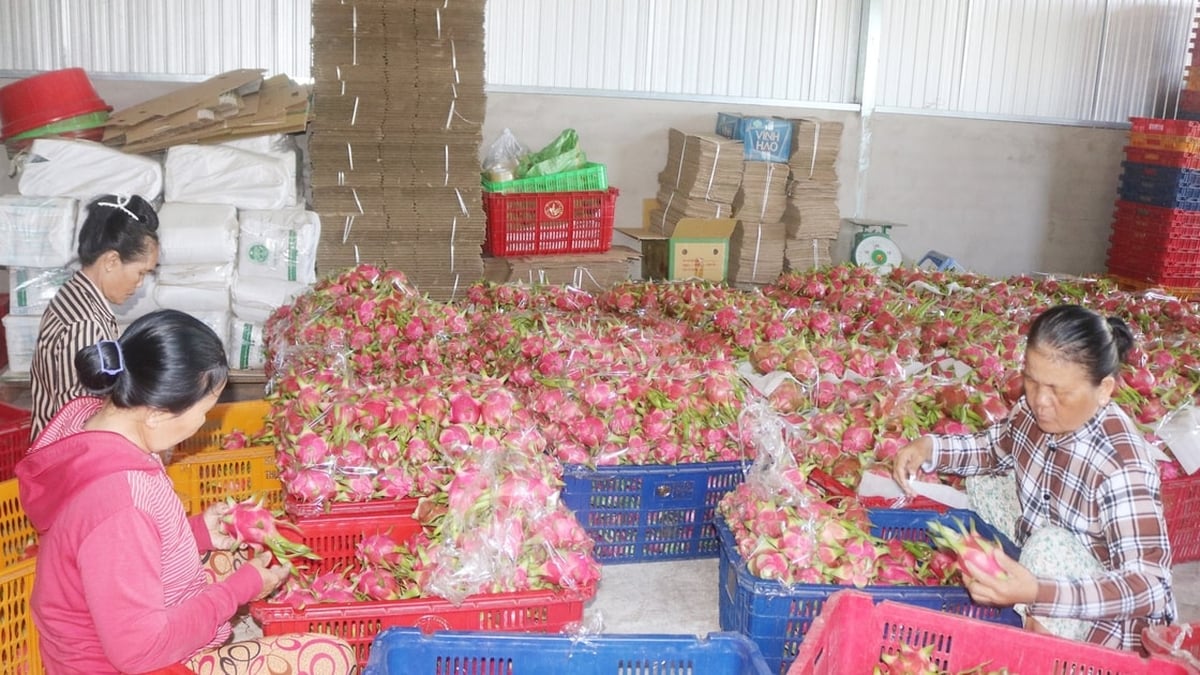
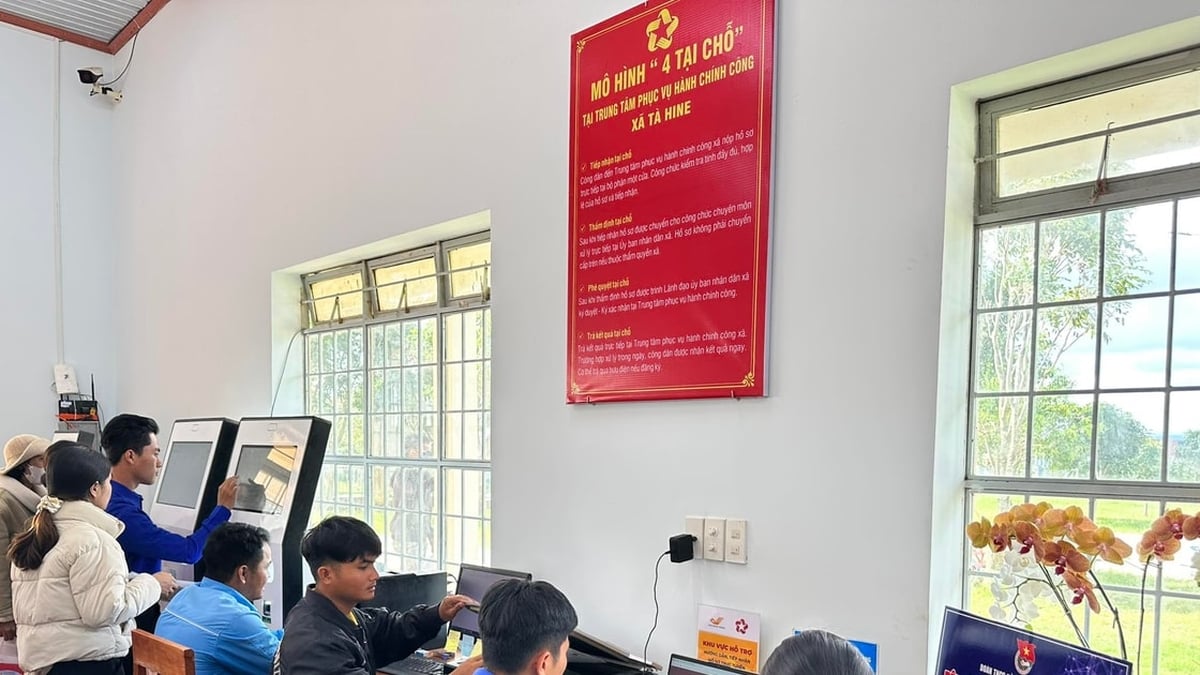
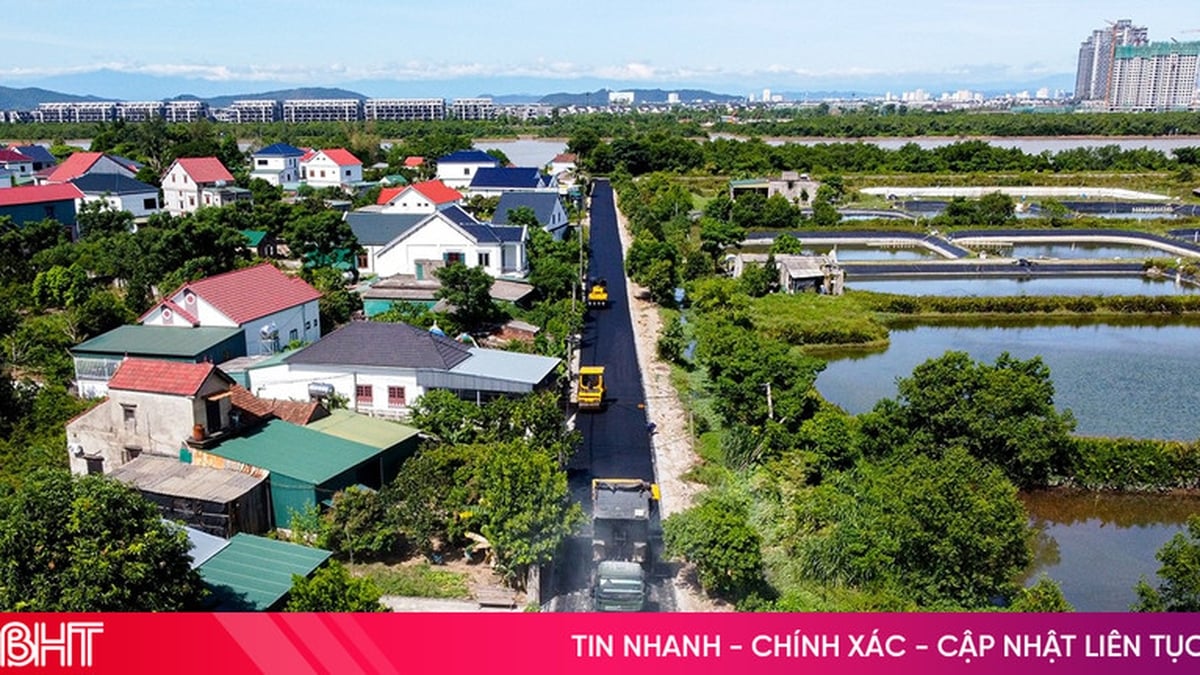
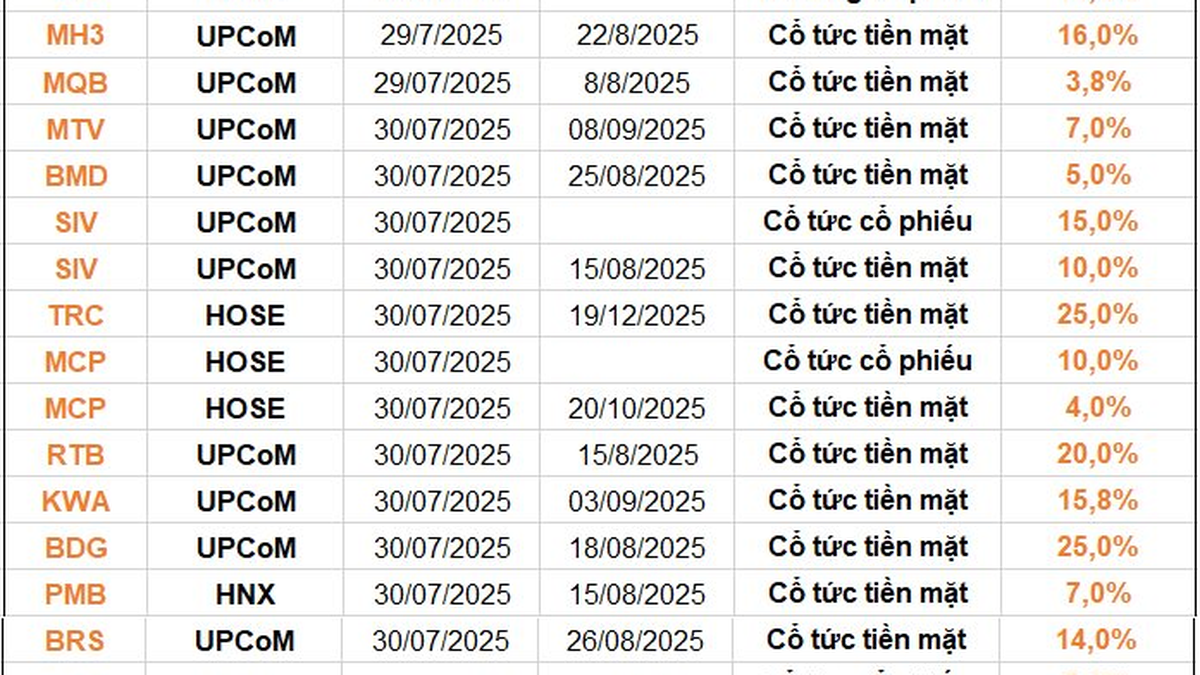

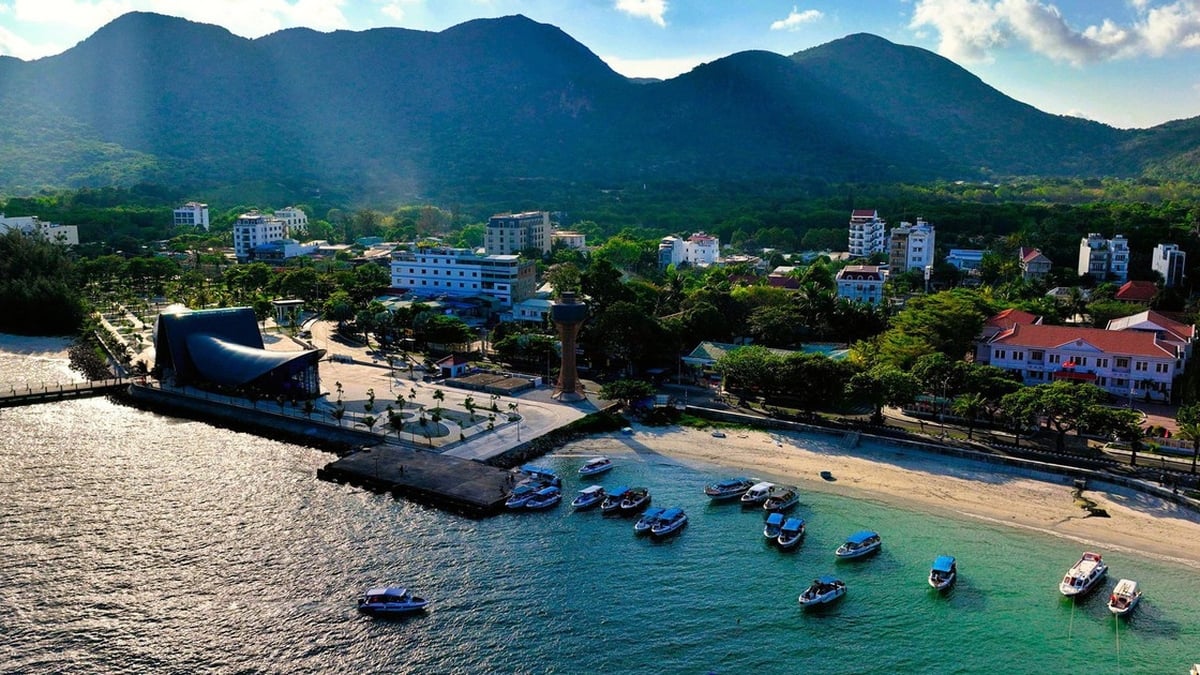
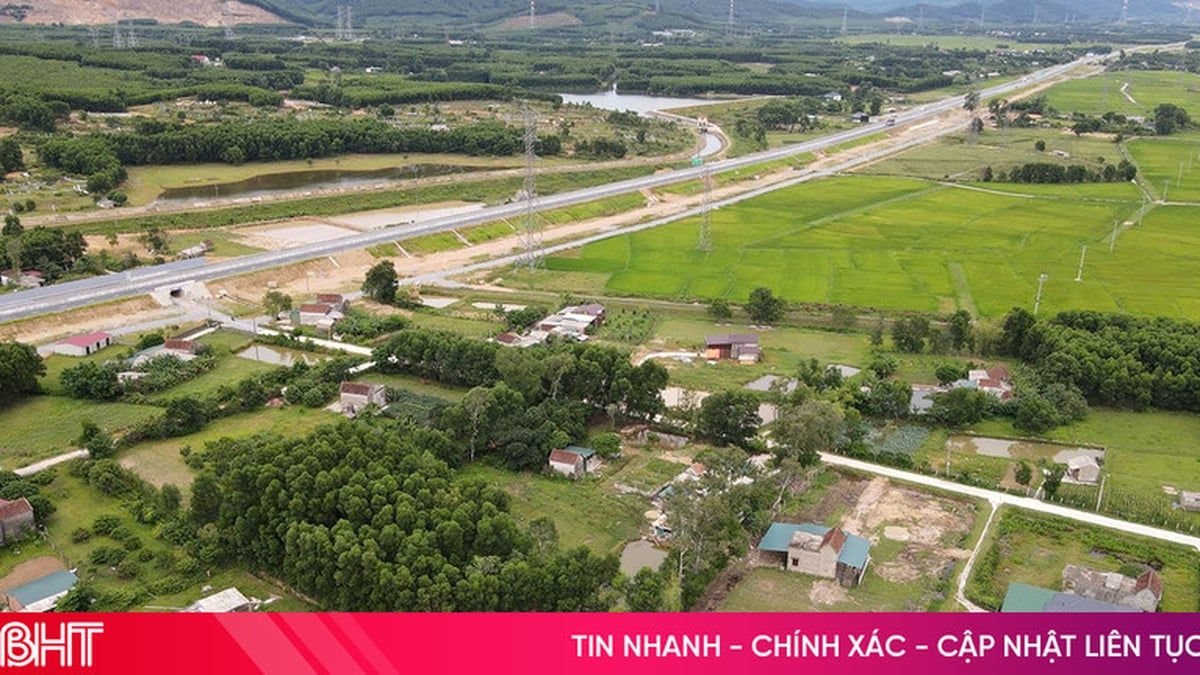
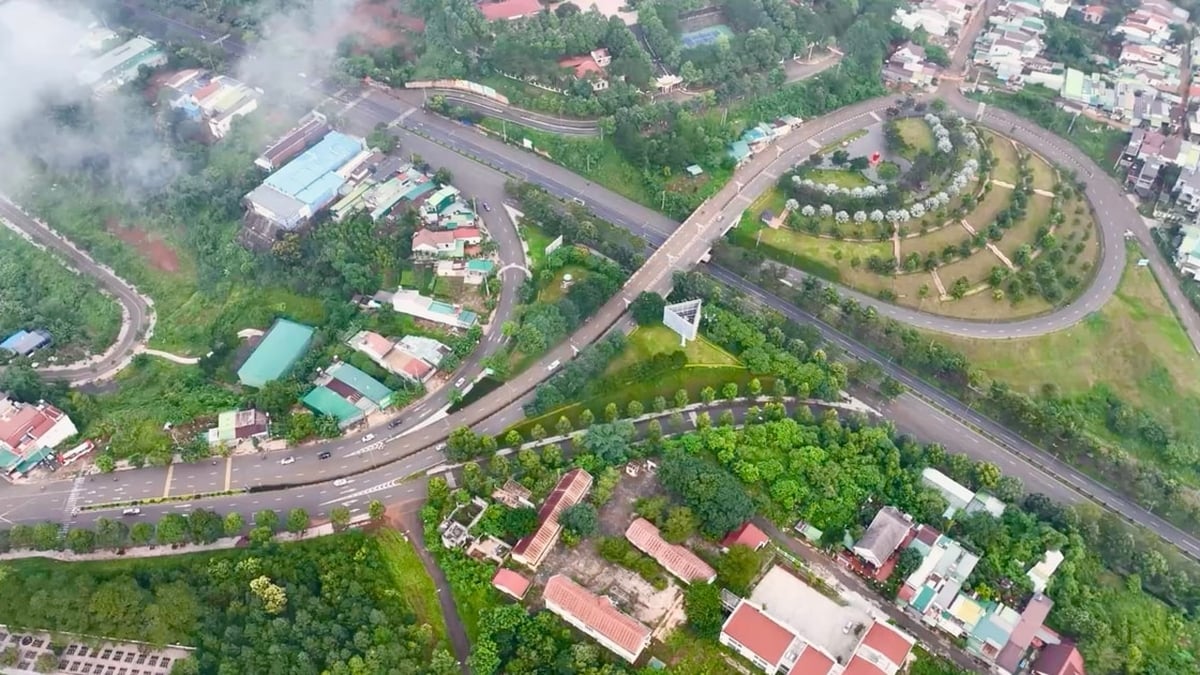
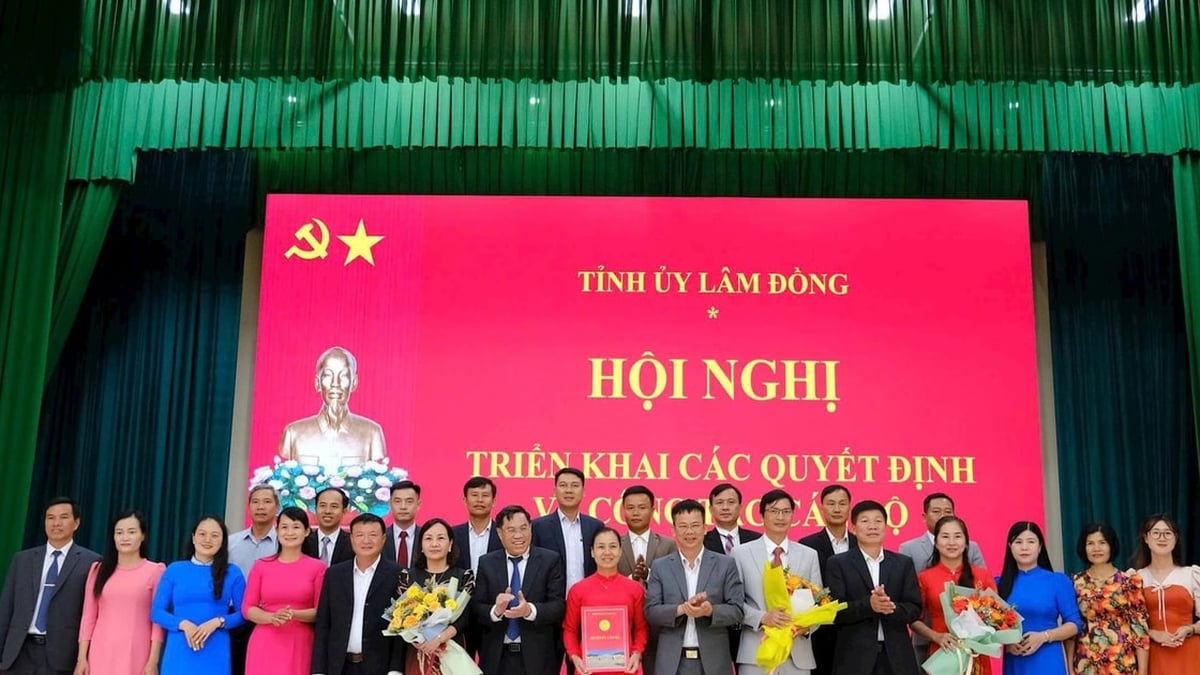
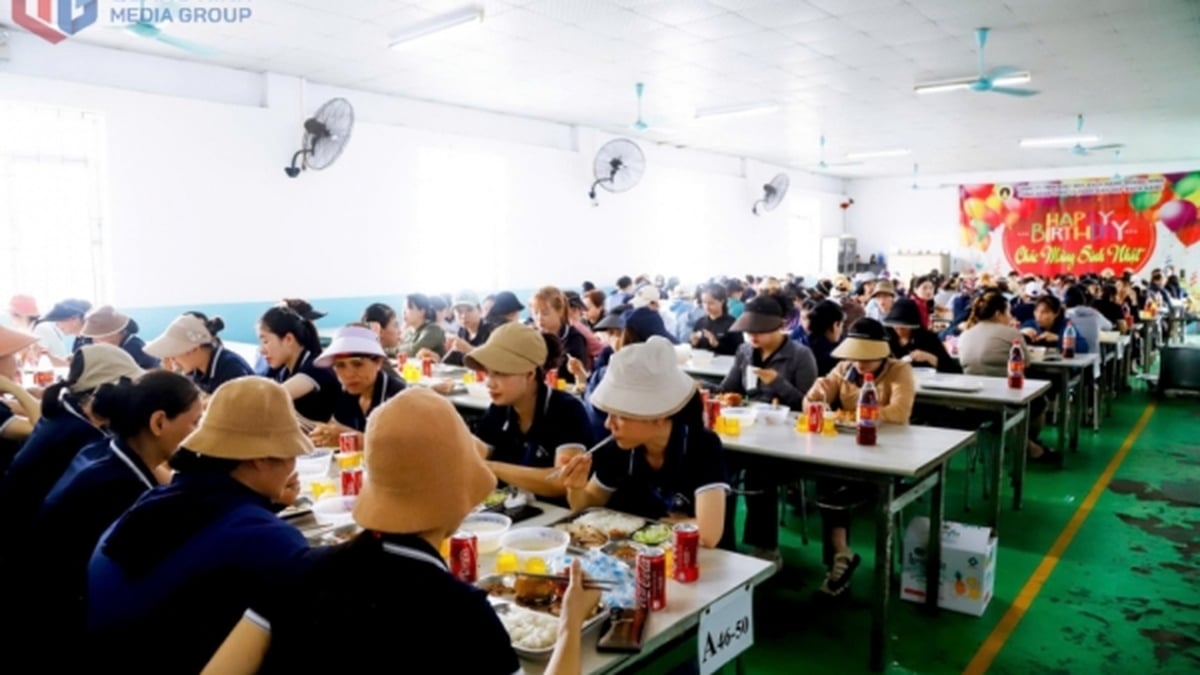























































































Comment (0)